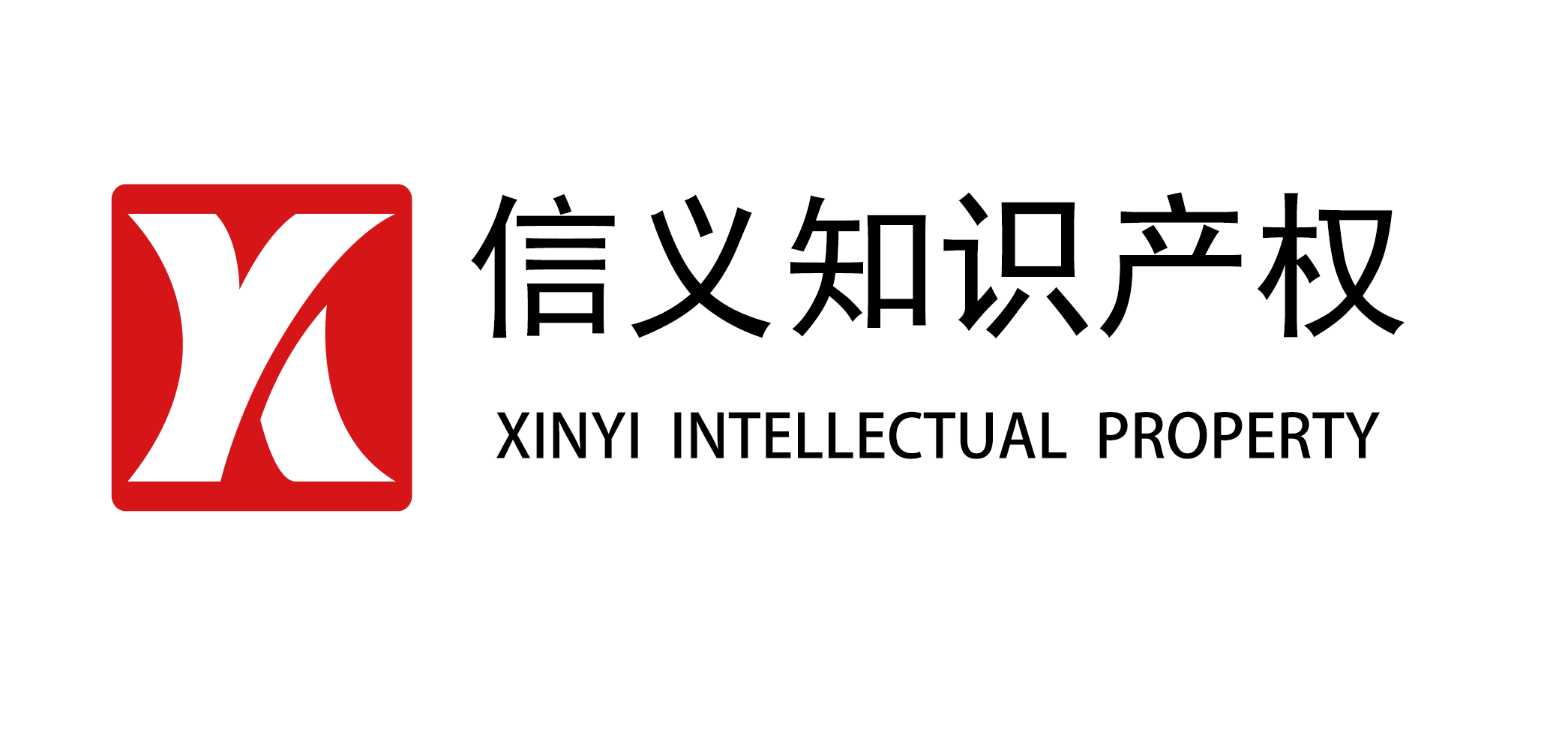Wahaha's application for Longjing as a trademark was rejected by the court protecting the public interest
Longjing tea, one of the top ten traditional tea in China, has four unique characteristics of "green color, fragrant, sweet taste and beautiful shape". After Wahaha applied for the registration of Longjing as a trademark on "water (beverage)", which was declared invalid by the Trademark Review and Adjudication Board, Wahaha filed a lawsuit to court.
On March 26, a reporter from Beijing Youth Daily learned that the final result of the case was published, and the court finally rejected Wahaha's claim.
The trademark "Longjing" was registered by Wahaha company in February 2014. It was approved for registration in thirty-second categories, such as "water (beverages), mineral water (drinks), soda water, non-alcoholic beverages, soft drinks, fruit juice, plant drinks, bean drinks, beverage flavors" and so on. In October of the same year, Dinghong company applied to the original Trademark Review and Adjudication Board for invalidation of the trademark in dispute.
After examination, the original Trademark Review and Adjudication Board ruled that the trademark in dispute should be declared invalid. Wahaha company, not satisfied with the above ruling, sued the Beijing Intellectual Property Court, believing that the ruling was based on insufficient facts and applicable legal errors, and requested the court to revoke it according to law.
After hearing, Beijing Intellectual Property Court found that the trademark for litigation is the Chinese character "Longjing", in which "long" is the traditional Chinese character of "long", and "Longjing" is generally recognized as "Longjing" by the relevant public. Modern Chinese Dictionary (Fifth Edition) interprets "Longjing" as "a kind of green tea It is produced in Longjing area, Hangzhou, Zhejiang Province. On the one hand, "Longjing", as a green tea, is used in the commodities such as soda, non-alcoholic beverages, soft drinks, fruit juice, plant drinks, beans drinks, beverage flavors, etc., so that the relevant public thinks it is a description of the main raw materials and tastes of the products.
On the other hand, China's traditional tea culture pays attention to the water used for tea making. As the origin of green tea, Longjing is used in "water (beverage), mineral water (beverage)" and other commodities, which is easy to cause the relevant public to understand it as a description of the origin, use and other characteristics of the commodities, rather than identifying it as a trademark, which is lack of significance. Therefore, the trademark is sued in the Reexaminer The registration of the goods violates the provisions of the first paragraph (2) of Article 11 of the Trademark Law of 2001.
Since the registration of the trademark in the reexamined goods has constituted the situation as stipulated in Item (2) of the first paragraph of Article 11 of the Trademark Law of 2001, the provisions of item (3) of the first paragraph of Article 11 of the Trademark Law of 2001 are no longer applicable in this case. Although the application of the law is wrong, the result of the ruling will not be affected. In order to save administrative and judicial resources, the ruling will not be revoked. To sum up, the Beijing Intellectual Property Court rejected Wahaha's claim.
Wahaha company refused to accept the first trial decision and appealed to Beijing Higher People's court. After hearing, the Beijing Higher People's court rejected Wahaha's appeal and upheld the original judgment.
The basic function of a trademark is to distinguish the source of goods or services and identify the suppliers of goods and services. Therefore, significance is the basic requirement of a trademark. If the text of the trademark in dispute only directly represents the quality, main raw materials, functions, uses, weight, quantity and other characteristics of the goods, it will make consumers think that the text is a description of the characteristics of the goods, rather than an instruction to the suppliers of the goods, and cannot distinguish or identify them. Therefore, this kind of trademark should not be registered as a trademark. Moreover, for the same trade operators of the commodity, the descriptive vocabulary of the commodity is a public resource that can be used by the same trade operators. If a specific operator is allowed to exclusive use, it will damage the legitimate rights and interests of other producers and operators. Therefore, it is also for the protection of public interest to prohibit the registration of descriptive signs as trademarks.







